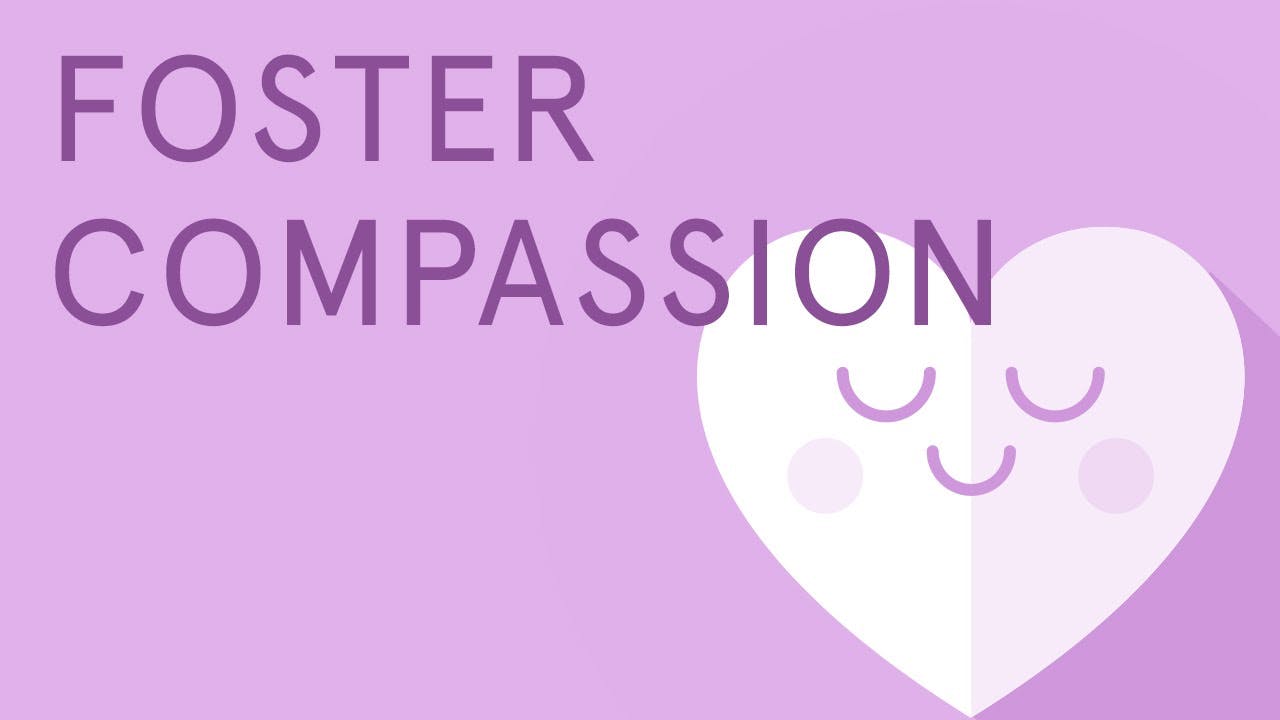How to be less shy
Most of us have likely felt nervous in high-pressure social situations — self-doubt creeps in, the palms of our hands feel clammy, or we don’t feel as articulate as we normally are, perhaps even stumbling over our words. These experiences are natural and part of what makes us human.

While many of us are able to put that mild embarrassment aside and move on, for others, it can become a more dominant trait, creating an unhealthy desire to withdraw from social situations and increase the nervousness around mixing with others.
But shyness can be overcome … if we are willing to accept that much of it starts in our mind.
What is shyness?
Shyness is a somewhat subjective label, usually describing people who feel uncomfortable or awkward in social situations. It is often characterized by a strong tendency to overestimate negative scrutiny and pass judgement on ourselves, which takes us out of the present moment and over time, can decrease our confidence and self-esteem.
Unlike introverts, who often prefer and choose to be alone, shy people often want to be more outgoing, but withdraw out of fear of being rejected. It may feel safer for shy people to pull back instead of opening themselves up to vulnerability and uncertainty, but this reaction only reinforces the defining storyline we tell ourselves: “I am shy.”
About 40% of Americans consider themselves shy, yet, about 95% of people say they experience temporary timidity from time to time — perhaps, before meeting an authority figure or someone who we find attractive, or when called to speak up on a company Zoom call or in public.
Whatever the situation, social or professional, in person or virtual, feelings of shyness largely affect us all. Even those who project confidence or seem naturally outgoing have felt, or feel in the moment, an unease from negative or judgemental thinking.
How do we stop ourselves getting caught up with thoughts?
It’s a question of perspective.

Watch Changing Perspective - 1 minute
Where does shyness come from? Thalia Eley, a professor of developmental behavioral genetics at King’s College London, says shyness is 70% a product of our upbringing and environment — like having overprotective parents, being bullied, or experiencing an embarrassing situation in front of others.
The rest is genetic. Instinctively, we back away when we don’t understand or can’t control a situation, especially a social one. So, a naturally shy child may isolate themselves in the playground, then gradually grow more comfortable being on their own.
Being at peace with solitude is a worthy characteristic. Still, learning how to be comfortable interacting with others is essential: functioning in and feeling fulfilled by our many roles in society as a family member, neighbor, co-worker, teammate, partner, and more depends on it.
Of course, shy people know this. How, then, can we rewire our genetic predispositions, learn to let go of the negative storylines getting in our way, and enter social situations with quiet confidence?
Tips on overcoming shyness
Psychologist Jennice Vilhauer, PhD, of Emory University in Atlanta, Georgia, tells us that we can work on how to become less shy by increasing our “social fitness.”
She says, "Given that social skills, like any other set of skills, are something one can develop over time, the avoidance of social settings can lead to becoming socially ‘out of shape.’”
These 5 expert tips may help:
1. Take the focus off yourself. One tip Vilhauer recommends is to be curious about others. Be interested in their story, ask questions about their lives, and truly listen. This way, we gradually grow comfortable in social settings while ensuring attention is diverted onto another, rather than spend the time thinking about how not to do something wrong, or what other people may think.
2. Give yourself a defined role. She also says many of her patients feel confident at work, but shy when socializing. So she suggests giving ourselves a “job” within the social situation, which helps provide a sense of purpose and behavioral guidelines. For example, It is my job to help people feel interesting or liked, or, It is my job to make people feel welcome. Once you’ve given yourself your social assignment, then set off to accomplish the task at hand.
3. Be kind to yourself. Regardless of the environment, the general advice from Vilhauer is to be kinder to ourselves: soften our inner dialogue and ease up on being so hard on ourselves. The more we judge ourselves harshly, the more likely we are to assume others will judge us in the same way.
Tap into kindness
It’s not something to be wished for or developed in some future time — it’s always with us and readily accessible.

Watch How to Be Nicer to Yourself - 2 minutes
4. Accept how you feel. Like all feelings and emotions, feeling shy is okay. That’s why Joe Moran, author of ‘Shrinking Violet: The Secret Life of Shyness’ says the key to dealing with shyness is acceptance: accepting the tendency in ourselves, and accepting that it’s not easy for shy people to overcome it.
"Because shyness is something that is quite circular and self-fulfilling, you can’t just tell a shy person to stop being shy — that’s a bit like when people say, 'Don’t think of an elephant.' It just makes it worse,” he says. "The best thing a shy person can do is to not obsess over their own shyness, and to not define themselves by it. It’s helped me to think, 'Well, I’m just shy.' I don’t feel bad about it, and I don’t feel defeated about it. And, paradoxically, you become less shy because of that.”
5. Be you. Headspace co-founder and former Buddhist monk Andy Puddicombe suggests the best thing to do if we are feeling nervous, especially in public, is to try to portray our authentic self.
He says: “Some of the best presentations and talks I’ve listened to — the ones that have really moved me — have not been by brilliant public speakers; in fact, some of the people had never spoken in public before. But that’s what made them believable, it’s what conveyed the message they wanted to share so effectively and effortlessly, and it’s what touched the hearts and minds of the people in the audience.”
Meditation for shyness
Meditation teaches us to let thoughts and emotions arise, without allowing them to dictate our actions or get in the way of living our life. When we sit with the mind and start to understand how thoughts about shyness are just thoughts without weight, we discover the space to step away from them.
The Blue Sky animation could be helpful for people who want help with how to get less shy. It uses a bright, blue sky as a metaphor for the mind, and the clouds are the thoughts, feelings, and experiences that appear. Shyness, like these clouds, will come and go, but the clear, blue sky, like our natural inner confidence, is always there.
Shy people might use a technique, as taught on the Headspace app, called noting, which is when we identify our thoughts and feelings and then let them go. This allows us to see them with a new perspective, which can be liberating.
Another technique is the body scan, which encourages us to be curious about how these emotions can manifest themselves as physical sensations in our body. By observing — but not reacting to — these feelings, we diminish their power over us.
Whatever technique is adopted, Headspace co-founder Andy Puddicombe says ten minutes of meditation a day is enough to make a significant and positive change, if we sustain a regular, consistent practice. What’s more, completing just one 15-minute session using Headspace resulted in a 22% reduction in mind wandering. Another study found that 90% of participants experienced significant reductions in anxiety and depression.
So the next time we are feeling shy — whether experienced as a thought in our mind or blushing in our cheeks — we can learn to acknowledge it and let it go, without further fueling it.


Less stress. More Headspace.
- Unlock hundreds of stress-relieving meditations, including 3-minute do-anywhere sessions
- Release tension with guided workouts — from yoga and dance, to mindful walks
- Start your morning with uplifting daily videos, then unwind at bedtime with relaxing sounds and music

Stay in the loop
Be the first to get updates on our latest content, special offers, and new features.
By signing up, you’re agreeing to receive marketing emails from Headspace. You can unsubscribe at any time. For more details, check out our Privacy Policy.
- © 2026 Headspace Inc.
- Terms & conditions
- Privacy policy
- Consumer Health Data
- Your privacy choices
- CA Privacy Notice



